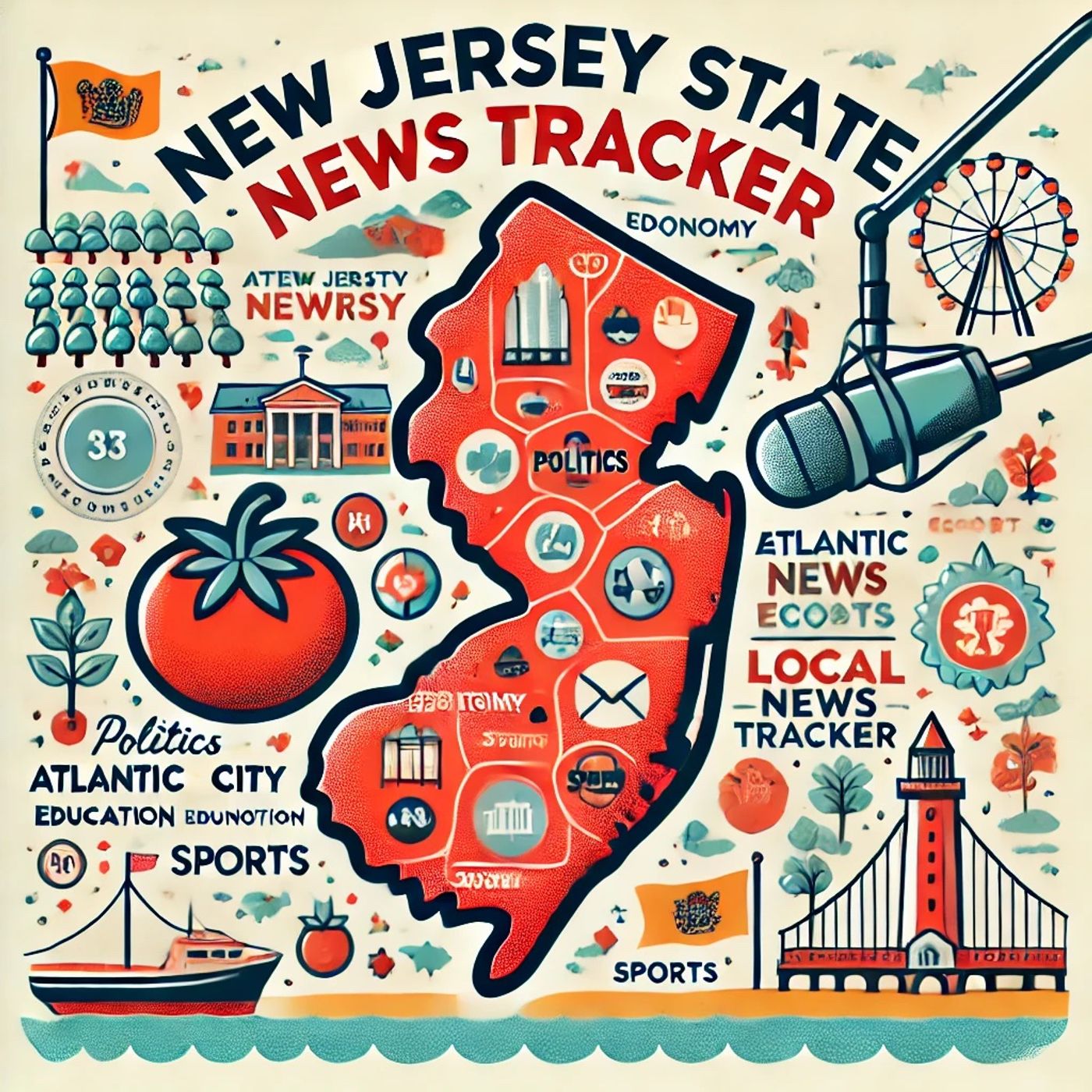New Jersey State News and Info Daily
New Jersey Leads the Way in Minority and Women-Owned Business Inclusivity with A-4586 Act

New Jersey is taking significant legislative strides towards inclusivity and fairness in state contracting through the new bill, A-4586, commonly referred to as the Minority and Women-Owned Businesses State Contractor Remedies Act. This legislation is crafted to address and mitigate disparities faced by minority and women-owned businesses in securing state contracts. By proposing enhanced legal recourse and protections against discrimination, the bill aims to create a more equitable playing field in state contracting opportunities.
Complementing its legislative advances, New Jersey City University (NJCU) has initiated transformative changes on its physical campus to potentially bolster community engagement and academic opportunities. The institution's recent renovations on the first floor of Grossnickle Hall, strategically located on the bustling John F. Kennedy Boulevard in Jersey City, across from a prominent area, signify NJCU’s commitment to upgrading its facilities in line with evolving educational needs and community integration.
Also noteworthy in the region's developments are the climatic conditions recently highlighted by the United States National Weather Service offices in Philadelphia, Mount Holly, and New York. A reported drop in humidity combined with specific wind patterns has ushered in a set of weather advisories for New Jersey, reflecting the region's dynamic and often unpredictable climate. Such environmental factors play a crucial role in both day-to-day living and broader urban and rural planning and sustainability efforts in the state.
Collectively, these developments portray a multifaceted picture of progress within New Jersey, spanning legislative reforms, educational advancements, and environmental monitoring. Each plays a pivotal role in shaping the state’s socio-economic and environmental landscapes, reinforcing New Jersey’s ongoing commitment to growth, inclusivity, and responsive governance.
Complementing its legislative advances, New Jersey City University (NJCU) has initiated transformative changes on its physical campus to potentially bolster community engagement and academic opportunities. The institution's recent renovations on the first floor of Grossnickle Hall, strategically located on the bustling John F. Kennedy Boulevard in Jersey City, across from a prominent area, signify NJCU’s commitment to upgrading its facilities in line with evolving educational needs and community integration.
Also noteworthy in the region's developments are the climatic conditions recently highlighted by the United States National Weather Service offices in Philadelphia, Mount Holly, and New York. A reported drop in humidity combined with specific wind patterns has ushered in a set of weather advisories for New Jersey, reflecting the region's dynamic and often unpredictable climate. Such environmental factors play a crucial role in both day-to-day living and broader urban and rural planning and sustainability efforts in the state.
Collectively, these developments portray a multifaceted picture of progress within New Jersey, spanning legislative reforms, educational advancements, and environmental monitoring. Each plays a pivotal role in shaping the state’s socio-economic and environmental landscapes, reinforcing New Jersey’s ongoing commitment to growth, inclusivity, and responsive governance.
- Broadcast on:
- 29 Oct 2024
New Jersey is taking significant legislative strides towards inclusivity and fairness in state contracting through the new bill, A-4586, commonly referred to as the Minority and Women-Owned Businesses State Contractor Remedies Act. This legislation is crafted to address and mitigate disparities faced by minority and women-owned businesses in securing state contracts. By proposing enhanced legal recourse and protections against discrimination, the bill aims to create a more equitable playing field in state contracting opportunities.
Complementing its legislative advances, New Jersey City University (NJCU) has initiated transformative changes on its physical campus to potentially bolster community engagement and academic opportunities. The institution's recent renovations on the first floor of Grossnickle Hall, strategically located on the bustling John F. Kennedy Boulevard in Jersey City, across from a prominent area, signify NJCU’s commitment to upgrading its facilities in line with evolving educational needs and community integration.
Also noteworthy in the region's developments are the climatic conditions recently highlighted by the United States National Weather Service offices in Philadelphia, Mount Holly, and New York. A reported drop in humidity combined with specific wind patterns has ushered in a set of weather advisories for New Jersey, reflecting the region's dynamic and often unpredictable climate. Such environmental factors play a crucial role in both day-to-day living and broader urban and rural planning and sustainability efforts in the state.
Collectively, these developments portray a multifaceted picture of progress within New Jersey, spanning legislative reforms, educational advancements, and environmental monitoring. Each plays a pivotal role in shaping the state’s socio-economic and environmental landscapes, reinforcing New Jersey’s ongoing commitment to growth, inclusivity, and responsive governance.
Complementing its legislative advances, New Jersey City University (NJCU) has initiated transformative changes on its physical campus to potentially bolster community engagement and academic opportunities. The institution's recent renovations on the first floor of Grossnickle Hall, strategically located on the bustling John F. Kennedy Boulevard in Jersey City, across from a prominent area, signify NJCU’s commitment to upgrading its facilities in line with evolving educational needs and community integration.
Also noteworthy in the region's developments are the climatic conditions recently highlighted by the United States National Weather Service offices in Philadelphia, Mount Holly, and New York. A reported drop in humidity combined with specific wind patterns has ushered in a set of weather advisories for New Jersey, reflecting the region's dynamic and often unpredictable climate. Such environmental factors play a crucial role in both day-to-day living and broader urban and rural planning and sustainability efforts in the state.
Collectively, these developments portray a multifaceted picture of progress within New Jersey, spanning legislative reforms, educational advancements, and environmental monitoring. Each plays a pivotal role in shaping the state’s socio-economic and environmental landscapes, reinforcing New Jersey’s ongoing commitment to growth, inclusivity, and responsive governance.